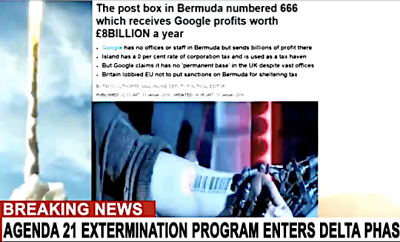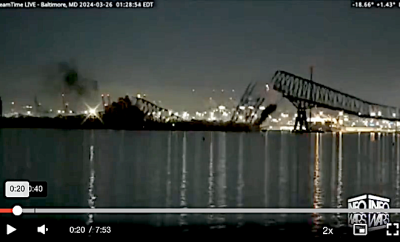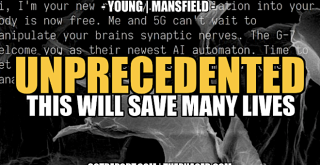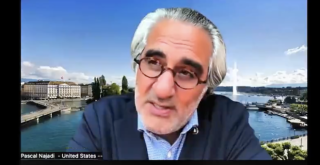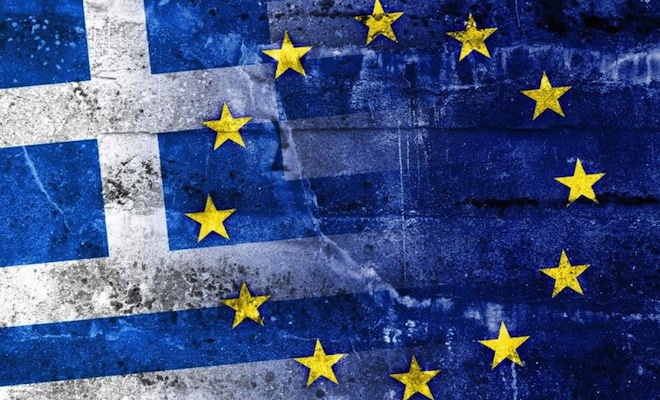
Banksters
SHAKEDOWN: The Great Banking Game of the BIS
by Jay Dyer, 21st Century Wire:
Greece has been in the news with the left socialist Syriza Party caving (predictably) to the IMF’s economic terrorism, resulting in bank runs and capital controls.
Echoing the previous two bail outs back to 09 and 10, the new “plan” will undoubtedly result in more collateral seizure of Greek assets for the engineered debt crisis shock doctrine that controls virtually all nations.
Nothing new here, but it is illustrative for understanding the global banking structure that emerged from World War II at the Bretton Woods Conference in 1944. However, as we will see, the real structure extends further back into the shadows of World War I.
Originally Bretton Woods’ plan tied to the U.S. dollar-backed by gold, in 1971, the dollar became fiat (Nixon shock), resulting in a global fiat system centered around command and control large-scale economic planning and fixed exchange rates. Under he guise of economic stability, the ruse was sold that this system would provide “security” and prevent rampant speculators from wrecking economies due to tying them to central banks.
While there is some truth to this position of regulation limiting rampant speculation, the limitations of central banks only works if central banks are independent and national, printing their own currency.
Of course, they are not, and the ability of the megabanks to own national economies through bailouts and being “too big to fail” shows however well-intentioned or effective that may have been in the past, it is no longer the case.
 The Marshall Plan was an aspect of this Bretton Woods restructuring for Europe, and in regards to the incorrect myth of western conservatives concerning the ridiculous notion that the U.N. was a “Soviet Plot” (when the land was donated by the Rockefellers), Dr. Kerry Bolton cites Carroll Quigley:
The Marshall Plan was an aspect of this Bretton Woods restructuring for Europe, and in regards to the incorrect myth of western conservatives concerning the ridiculous notion that the U.N. was a “Soviet Plot” (when the land was donated by the Rockefellers), Dr. Kerry Bolton cites Carroll Quigley:
“The eminent American historian Carroll Quigley, Foreign Services School, Georgetown University, Harvard and Princeton, describes the post-war situation leading to the Cold War, stating that the immediate policy of the USA rested on free trade and aid via the Marshall Plan which would have included assistance for economic recovery to the Soviet bloc. However the USSR saw this as a means for the USA to establish its pre-eminence in the post war era. Quigley, a liberal globalist who saw the “hope” of the world being through a world government, wrote:
On the whole, if blame must be allotted, it may be placed at the door of Stalin’s office in the Kremlin. American willingness to co-operate continued until 1947, as is evident from the fact that the Marshall Plan offer of American aid for a co-operative Europe recovery effort was opened to the Soviet Union, but it now seems clear that Stalin had decided to close the door on co-operation and adopted a unilateral policy of limited aggression about February or March of 1946. The beginning of the Cold War may be placed at the date of this inferred decision or may be placed at the later and more obvious date of the Soviet refusal to accept Marshall Aid in July 1947.[14]”
Quigley refers to the American initiative for atomic energy “internationalization” and how this arguably very dangerous scenario for world domination was again scotched by Stalin:
“The most critical example of the Soviet refusal to co-operate and of its insistence on relapsing into isolation, secrecy, and terrorism is to be found in its refusal to join in American efforts to harness the dangerous powers of nuclear fission.[15]”
This was the reason for the Cold War, and while the dialectic was in a sense managed, in another sense it was not. The atomic race is connected to this, as the Baruch Plan was rejected by the USSR, as the U.S. sought to use energy dominance as a means of overt control.
Aside from these matters, the Cold War was also fueled economically as a race to further hedge control on the part of the Anglo-American Atlanticists through shadow banking power. Targeting Russia as the continual “Great Game” foe, the Atlanticists’ global economic structure allowed the West to establish the means of economic terrorism through the IMF and other entities, as I have highlighted with Yeltsin and Russia in the 90s, and the Ukraine coup more recently.
Bolton again comments on Bertrand Russell and the Fabian Atlanticists genocidal attitude towards CIA and NGO operations against Russia, even in the Stalinist regime:
“Pacifist guru Bertrand Russell wrote in 1946 in the Bulletin of Atomic Scientists, expressing frankly the liberal internationalist attitude towards the USSR, which was anything but benign. Russell, who was to play a key role along with many other eminent liberals and leftists as Stalin-hating Cold Warriors in the CIA founded Congress for Cultural Freedom,[26] makes it plain that the atomic bomb represented the ace card to the forcible establishment of a world state:
The American and British governments… should make it clear that genuine international co-operation is what they most desire. But although peace should be their goal, they should not let it appear that they are for peace at any price. At a certain stage, when their plans for an international government are ripe, they should offer them to the world… If Russia acquiesced willingly, all would be well. If not, it would be necessary to bring pressure to bear, even to the extent of risking war.[27]”

‘Euro Sharks’ – Greek prime minister Alexis Tsipras, will there be a ‘Grexit’ or an IMF deal? (Photo link swissinfo.ch)
Seen in this context, the 2009-2015 Greek financial crisis can be understood as a maintenance of the Greek participation in the EU, as well as making sure Greece does not pivot towards Russia.
Read More @ 21stCenturyWire.com

